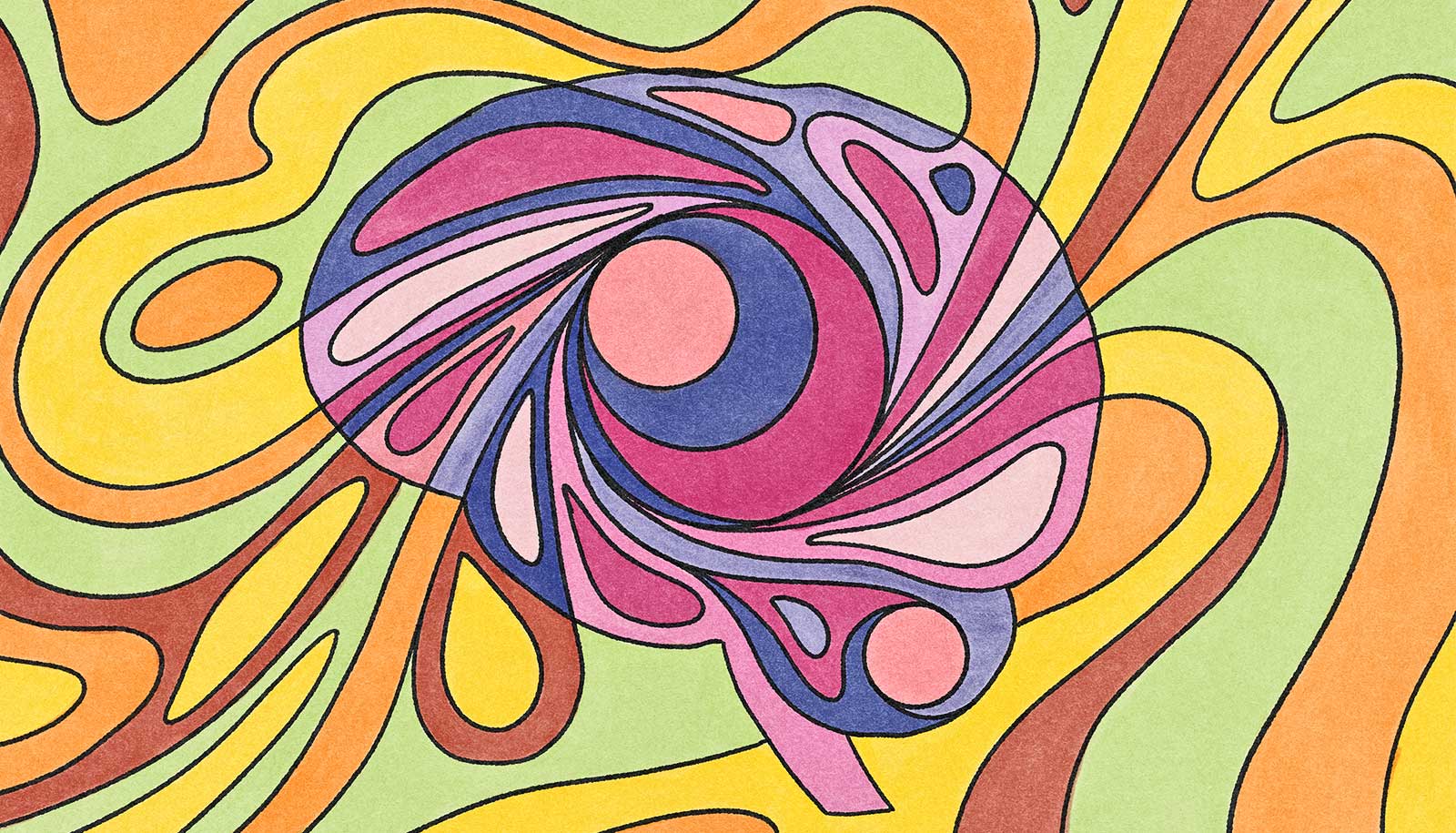Can psychedelics without the hallucinations become a new mental health treatment? David E. Olson is investigating just that.
The United States is facing a real mental health crisis. In the last few years, one possible treatment has gotten a lot of press: psychedelic drugs.
But what is actually happening in a person’s brain when they take a psychedelic? Could understanding the biology and the chemistry allow us to make better and safer versions of these drugs—and maybe even create psychedelics without the hallucinations?
Olson, founding director of the UC Davis Institute of Psychedelics and Neurotherapeutics, and his lab have been researching the therapeutic effects of psychedelic drugs and how they could be used to treat neuropsychiatric diseases, including depression, anxiety disorders, and even addiction. His lab is researching how to develop non-hallucinogenic psychedelics, also called next-generation neurotherapeutics.
In this episode of the Big Brains podcast, Olson explains his work and what it could mean for mental health treatment:
Read the transcript of this episode.
Source: University of Chicago



